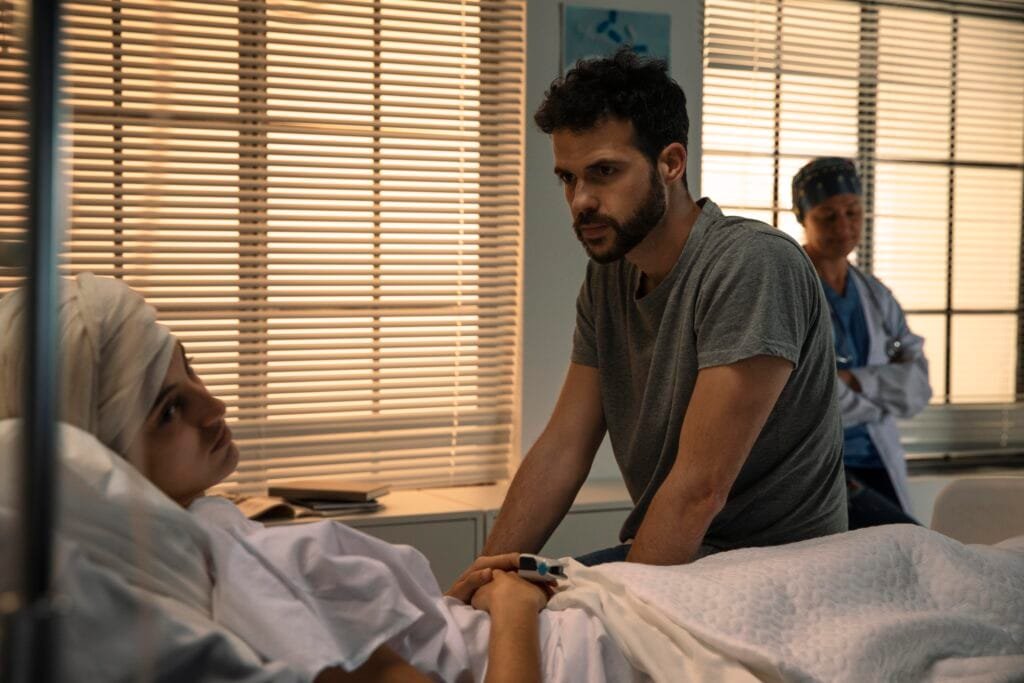Undergoing lung cancer surgery is a significant milestone in a patient’s journey toward recovery.
While the surgery aims to remove cancerous tissue and improve lung function, it’s important to
understand that life after surgery involves adjustments and ongoing care. In this blog, we’ll discuss
what patients can expect in the long-term following lung cancer surgery, including physical,
emotional, and lifestyle changes.
Physical Recovery: What to Expect
- Initial Healing Phase
o The first few weeks post-surgery are primarily focused on healing. Patients may
experience pain and discomfort, which can be managed with medications prescribed
by their healthcare team.
o It’s normal to feel fatigued during this phase, as the body requires energy to heal.
Rest and gradual increases in activity are essential. - Breathing and Lung Function
o After lung surgery, especially procedures like lobectomy or pneumonectomy, lung
function may be affected. Patients may notice changes in their breathing, especially
during physical activities.
o Pulmonary rehabilitation is often recommended to help patients regain strength and
improve lung capacity. This program typically includes exercises and education on
breathing techniques. - Long-Term Health Monitoring
o Regular follow-up appointments with the healthcare team are crucial for monitoring
lung health and ensuring no signs of cancer recurrence. These appointments may
include imaging tests and pulmonary function tests to assess lung function. - Recognizing Symptoms of Complications
o Patients should be aware of potential complications that can arise after lung
surgery, such as persistent cough, shortness of breath, or chest pain. It’s essential to
communicate any new or worsening symptoms to the healthcare team promptly.
Emotional Well-Being: Addressing Mental Health
5. Navigating Emotional Changes
o The emotional impact of lung cancer surgery can be profound. Many patients
experience a range of emotions, from relief to anxiety about the future. It’s normal
to have mixed feelings as you adjust to life post-surgery.
o Consider seeking support from mental health professionals, support groups, or
cancer organizations. Sharing experiences with others who have gone through
similar situations can provide comfort and reassurance.
Lifestyle Changes for a Healthier Future
6. Healthy Diet and Nutrition
o Nutrition plays a vital role in recovery and overall health. A balanced diet rich in
fruits, vegetables, whole grains, and lean proteins can aid healing and boost the
immune system.
o Consulting with a registered dietitian specializing in oncology can help create a
personalized nutrition plan tailored to individual needs.
7. Quitting Smoking
o For patients who smoke, lung cancer surgery is a critical opportunity to quit.
Smoking cessation is essential for lung health and reducing the risk of cancer
recurrence. Resources such as counseling, support groups, and nicotine replacement
therapies can aid in this process.
8. Incorporating Exercise
o Regular physical activity is crucial for regaining strength and improving lung function
after surgery. Patients should discuss exercise plans with their healthcare provider
to develop a safe and effective routine.
o Activities such as walking, swimming, or participating in a pulmonary rehabilitation
program can help rebuild endurance and promote overall well-being.
9. Stress Management and Mindfulness
o Managing stress is essential for emotional health and overall recovery. Practices
such as mindfulness, meditation, yoga, or deep-breathing exercises can help
patients cope with anxiety and promote relaxation.
Preparing for the Future
10. Setting Goals for Recovery
o Setting realistic, achievable goals can motivate patients as they navigate life after
lung cancer surgery. Whether it’s increasing physical activity, returning to work, or
participating in hobbies, having a sense of purpose can enhance the recovery
experience.
11. Understanding the Importance of Follow-Up Care
o Staying vigilant with follow-up appointments is crucial for long-term health. Regular
check-ups can help detect any potential issues early and ensure that patients receive
the appropriate care.
Expert Support for Your Journey
Navigating life after lung cancer surgery can be challenging, but having the right guidance and
support makes all the difference. Mr. Marco Scarci, a highly experienced thoracic surgeon specializing in lung cancer treatment, is committed to supporting patients throughout their recovery
journey. His expertise in minimally invasive techniques and personalized care approach helps
patients achieve the best outcomes.
Contact Mr. Marco Scarci’s office today to learn more about lung cancer surgery, follow-up care,
and how to ensure a healthy, fulfilling life after surgery. Your journey doesn’t end with surgery; with
the right support, it can be a new beginning.
